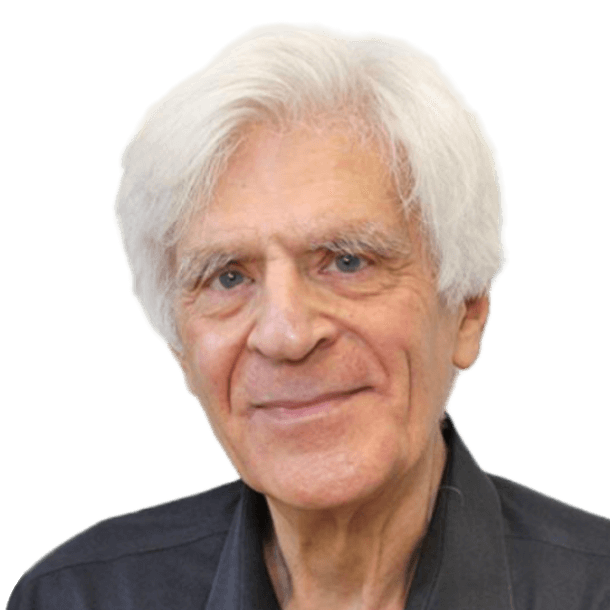View the archive of my 90-minute class and discover the Five Things I’ve Learned about the contemporary cultural shifts reshaping classical music – and what the future might hold for musicians and audiences who love this great art.
It’s a disturbing thought, but could classical music be dying?
This of course can be an emotional question, for people who’ve loved classical music all of their lives. But there’s a reason for it. The classical music audience, as so often we hear, has grown older, and ticket sales have fallen. If these things are true — and if they continue — will we soon see a tipping point? Will the audience get so small that classical music can’t survive?
I’ll discuss that with great sympathy, whatever the answer might be. This is a class that’s for everyone, whether or not you’re a classical music fan. You won’t need special knowledge. We’ll talk about classical music not just as musical art, but as an absorbing cultural issue. And I love hearing all points of view.
To this class I’ll bring my passion for music, including moments when music carried me away. Like Bach’s St. Matthew Passion, in a performance so intense that the musicians and audience (including me) were in tears.
And also a show by Luther Vandross, the R&B great, where I found myself on my feet shouting his name, with no idea how I got there.
But above all I’ll bring what I’ve learned working for more than 40 years as a classical music professional. I’ve been a composer, a well-known critic, and above all a specialist in classical music’s future, on which I’ve been called a thought leader. Plus I’ve spent a few years in the pop music world, which — in an age when pop music dominates — helps give me a wider perspective.
For years I taught a course on the future of classical music at Juilliard, moving it this fall to another top music school, the Peabody Institute. Where — and I like this — the curriculum focuses on what classical music needs today.
I’ve written about classical music’s future, given talks on it in the U.S. and abroad, served as a consultant, and done projects with major symphony orchestras.
About the big questions we’ll ask, here are five things I think are true:
- The crisis is real. The audience really has aged, and ticket sales really have fallen. The crisis is systemic, involving declines in many aspects of classical music, like radio broadcasts, and media coverage. As time goes on, all this keeps getting worse. And then there’s what I see as classical music’s isolation. Amazing things might happen in classical music performances, but the outside world just doesn’t care. Which it would have, when I was young.
- Classical music still isn’t dead! This past year, Tār broke through — the film so many of us saw, with Cate Blanchett as a troubled symphony conductor — and, at least for awhile, people talked about classical music. Inside the classical music world, big events still happen, and on a good night the audience still can look big. The New York Philharmonic, placing a bet on its future, spent more than $500 million to remodel its concert hall. Young people still study classical music. Though as I know from my teaching, these students are outliers in today’s world. Their friends — and often even their families — don’t understand what they do.
- There’s been a cultural shift. Which for me explains why there’s a crisis. Our culture has changed. We think and feel in contemporary ways, while classical music still basks in masterworks from the past, creating a disconnect with the present-day world. Though some of my colleagues wouldn’t agree. They’d say that people today have grown shallow, and that classical music now is too complex for them to understand. We can discuss this. What’s your view?
- Classical music is changing. Some classical musicians, especially young ones, dress more informally. Some talk to their audience, and play in new venues, even in dance clubs. Some play the old pieces in striking new ways. And much more new classical music is performed, especially works by female and Black composers. All of this can make classical music more current, and more accessible. Can we then hope that this art form — without losing its depth — can evolve still more, and find a new audience?
- The changes might not go far enough. This is the final question I’ll ask in this class — remembering, always with sympathy, that some people who love classical music might not want it to change much at all. But since changes are happening, we need to ask if they’re breaking through to the rest of the world. Not that classical music has to reach everyone. All it needs is enough support to sustain it — which, on a cautionary note, given how costly orchestral and opera performances are, might still be a lot of support. Can classical music find it?
These are big questions we’ll end on. Together, we’ll look for some answers. We might not solve the classical music crisis, but we can get some clarity.
– Greg Sandow

